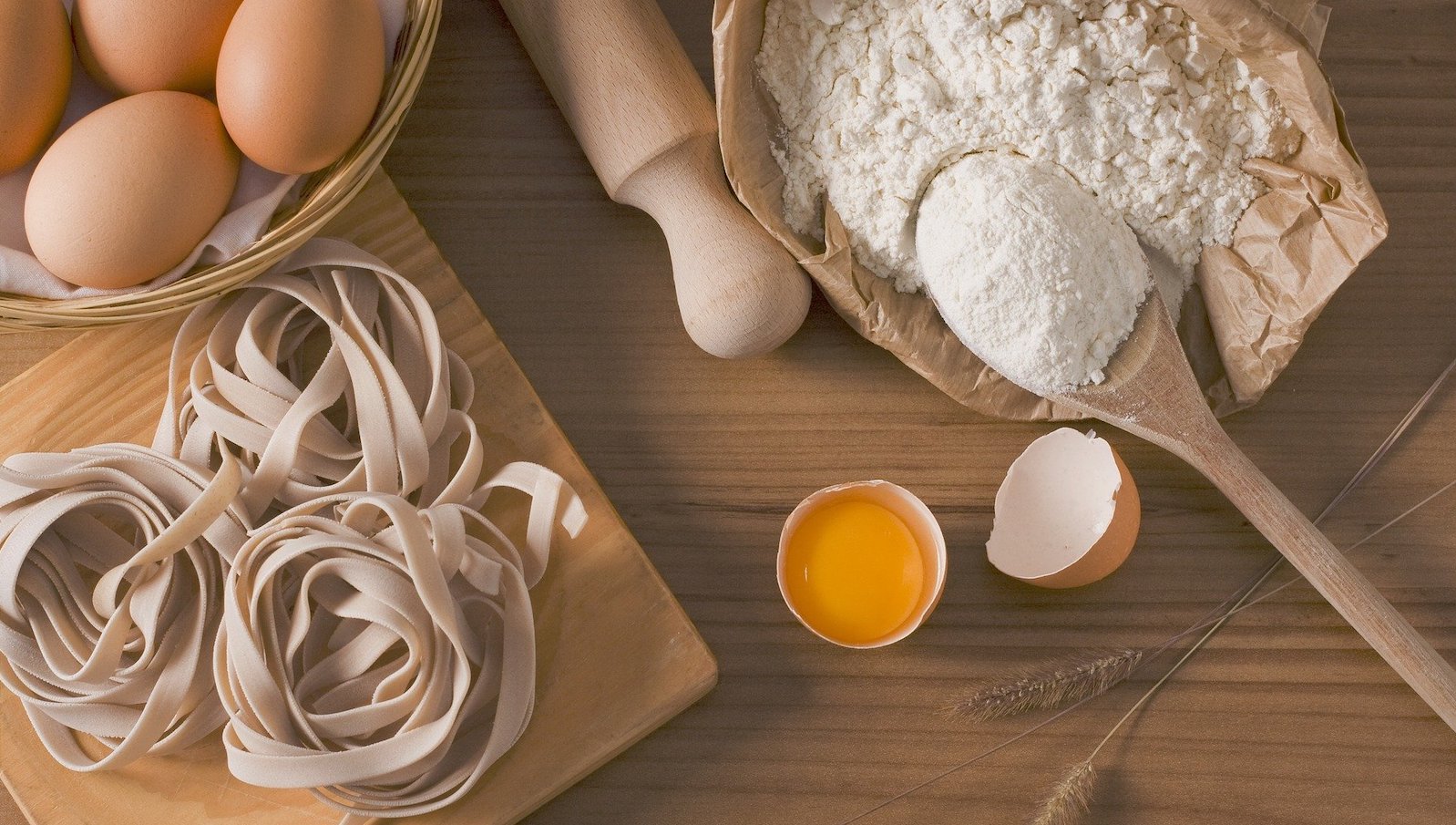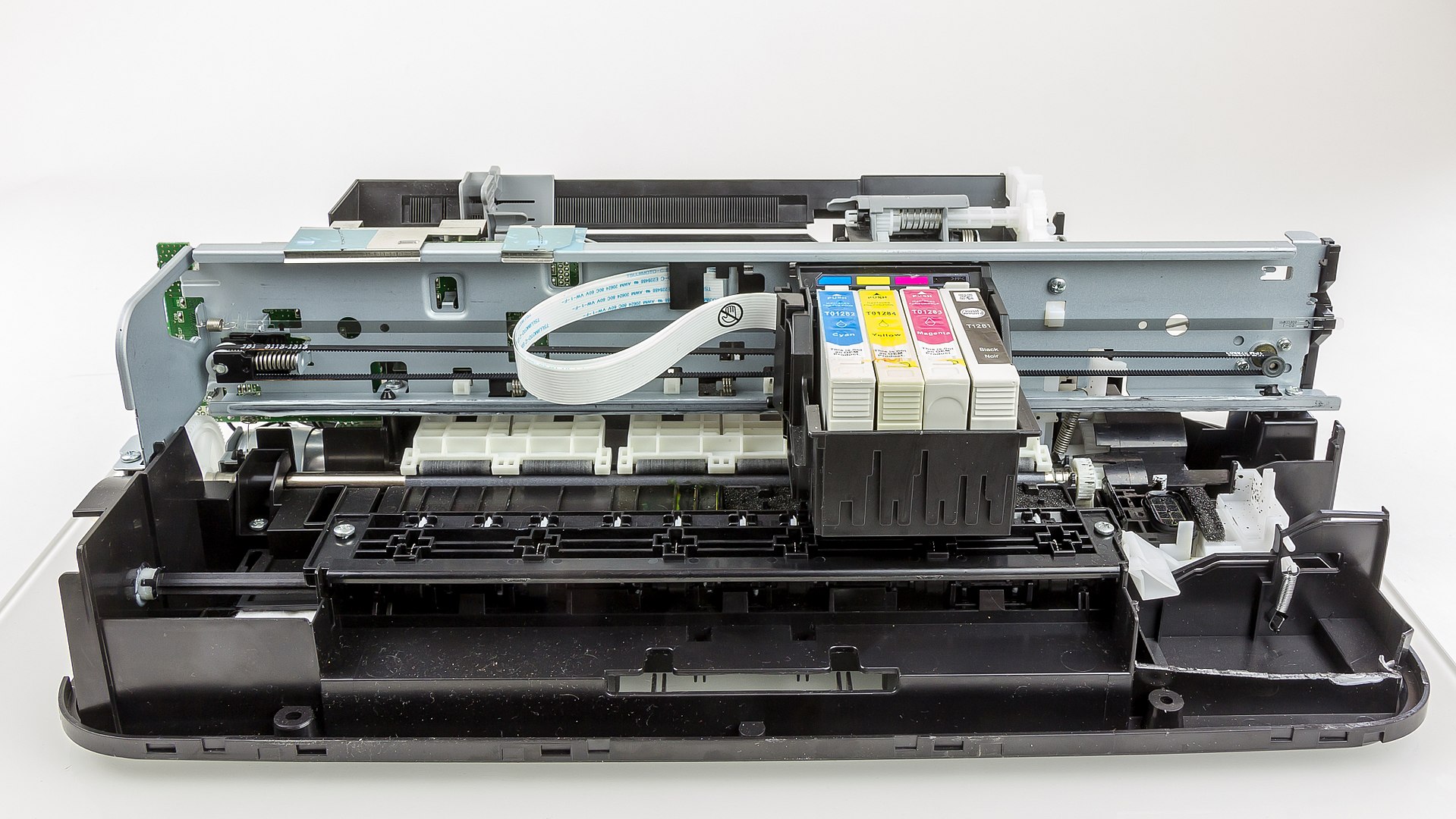
Zero waste gift guide: Homemade food & locally grown produce
Who wouldn't be thrilled to receive a gift of a favorite food? Here are some zero waste gift ideas for homemade meals and baked goods as well as local food.

Finding the perfect gift for any occasion can be stressful, especially if you’re worried about waste. But there are plenty of ways to cultivate a zero waste (or at least low waste) gift giving habit that allows you to show your loved ones you care, while also showing the planet you care.
Giving the gift of food
We’ve all heard that the way to the heart is through the stomach. It may be a cliché, but I challenge you to find anyone who would not be thrilled to receive a gift of their favorite food. Cooking, baking or finding some other way to gift food is a great option for anyone on your gift list, no matter whether they’re your best friend or a new neighbor you don’t know well yet. Here are some ways to make your gift of food memorable.
Ideas for homemade & local food gifts
-
Bake something. Baked goods sweeten any day. You can go all out, making your loved one’s favorite pie or an extravagant dessert, or you can keep it simple and bake cookies. No matter what you make, your gift recipients will feel the love. (To make it zero waste, give them the food in a reusable container they can use or return to you.)
-
Prepare a home-cooked meal. Even the savviest and most enthusiastic home chef needs a break once in a while. Cook a meal for your loved one to take dinner off their hands for a change. You can prepare it in your own kitchen and take it over to your recipient’s home, or you can set up shop in their kitchen and enjoy each other’s company while you treat them to a personalized dining experience. Whether they’re a harried parent stretched thin for time, a relative living on their own who doesn’t often have a dinner companion, or a friend with dietary restrictions who can’t often eat what others prepare, they will all appreciate the thought and care that goes into preparing a meal just for them.
-
Share a family recipe. Growing up, a family gathering was never whole without my grandma’s paella. Last year, my dad gifted each of my siblings and me a paella-making kit, with roasted peppers, jars of saffron and a copy of my grandma’s recipe, with some adjustments to make it plant-based for those of us who don’t eat animal products. Now, we can all carry on the tradition for generations to come, helping us not only recreate great food memories from our childhood, but also stay connected to our heritage.
-
Gift a food kit. If you’re not much of a chef or a baker, you can still make it easy for your loved ones to have a nice meal at home by putting together a food kit. There’s a reason meal kit services are a big hit — they take the stress out of cooking. In college, one of my friends wanted to treat me to a cozy night in, so she put together a simple kit with hot cocoa, marshmallows and popcorn, and I loved it! Another option: measure out the ingredients for a specific recipe, such as a soup, and put them in a jar. You get bonus points if there’s something sentimental about the recipe (like my dad’s paella kit), or if it’s for a special experience the two of you will share, such as a movie night or a picnic.
-
Gift a plant for home gardeners. If you grow any of your own food or have a loved one who is interested in gardening, help them get started! Gather seeds from your garden or pick some up from your local garden center and start growing your giftee’s new indoor pepper plants. Or take a cutting from one of your herbs and grow a new plant from it to share the wealth (here’s how). Every time they water their plants or use some of the food you helped them grow, they’ll be reminded of your thoughtfulness and feel the love all over again. Warning: This may take some time before it’s an eye-catching gift, so start early.
-
Gift a starter for fermented foods. Do you have a friend who has always expressed interest in making their own bread? Gift them a sourdough starter to help them get on their way! (A sourdough starter is a mixture of water and flour that you “grow” on your counter into a live culture of yeast, and it’s a crucial ingredient in any sourdough recipe.) If you have one from your own breadmaking, great. If not, some local bakeries will give you some of theirs — they’ve got plenty. They’ve also started to crop up at farmers’ markets and on Etsy. Other fermented foods and drinks, such as yogurt and kombucha, need similar starters, and removing that barrier can help your loved one get started. Find out more at culturesforhealth.com, the only resource you’ll ever need for learning about how to make fermented foods.
- Gift a Community Supported Agriculture (CSA) membership. The premise of a CSA is that members commit to supporting a local farm throughout the season and the farm delivers fresh goods to its members on a regular basis. This is a great way to support local farmers and get fresh, locally grown produce & other food items. Find a local CSA here. This gift is great if you’re short on time or aren’t the most talented chef!
Tips for making food gifts
-
Go with your specialty. You can’t go wrong with something you’ve made a hundred times, especially if you’ve made it for your intended gift recipient and already know they love it. Whatever the occasion, a loaf of your famous banana bread or a batch of your go-to chocolate chip cookies will be a welcome gift.
-
Make a lot of one thing. If you have a lot of people that you’d like to show you care, but not enough time to prepare individualized gifts, just multiply your recipe.
My old roommate makes candied pecans every year that she gives to her friends, family, co-workers — everyone. She spends a few hours in the kitchen churning out one batch after another and separating them into little tins that we return to her each year (completely zero waste!). Then she is free to enjoy spending time with her loved ones instead of spending that time shopping for them. We all know her pecans are coming each year, and I promise you not a single person on her list is upset about it.
Cookies, candies and traybakes (such as brownies) all work well for this because you can easily make them in bulk and divide them into smaller portions. For a good seasonal option, try your hand at delicious apple cider caramels.
-
Include a note to personalize it. If you’ve decided to give everyone on your list the same baked goods, you might want to add more of a personal touch to the gifts that are going to your closest loved ones. Adding a note thanking them for being in your life, telling them you love them, or explaining the sentimentality of your chosen recipe can make that gift feel extra special.
-
Add a cooking or baking lesson. Add to your gift by also giving the gift of quality time together. You already know how to cook or bake the recipe that you gifted; why not show your loved ones how to do it too? Maybe you have a kid who’s heading off to college soon and will need to learn how to cook, or a friend who adores the peanut butter cookies you make for every party. Gift them a coupon for a lesson with you, and set a date to follow through. You’ll create new food memories together, and those are the best kind.
Giving the gift of food can not only help you align your gift giving with your value of a zero waste lifestyle, but it can also save you time, money and stress, and can create opportunities for sharing quality time and family traditions, which, after all, are a main part of what any holiday is about.
“Buy less, Give More” zero waste gift guide
Return to Buy Less, Give More main page for other zero waste gift ideas.

Support our work
You can further our charitable research and public education programs by supporting the Center for Public Interest Research with a tax-deductible donation. The Center hosts joint projects and programs of the Public Interest Network and supports other public interest endeavors.
Topics
Authors
Danielle Melgar
Food & Agriculture, Advocate, U.S. PIRG Education Fund
Danielle works to ensure our food system produces enough nutritious food to feed everyone, without threatening our health, the planet, or the ability of future generations to grow food. Danielle lives in Chicago, where she enjoys staying active in the outdoors, trying out new recipes, and writing short stories.
Find Out More

How Mastercard sells its ‘gold mine’ of transaction data

Medical Bills: Everything you need to know about your rights

How printers keep us hooked on expensive ink

